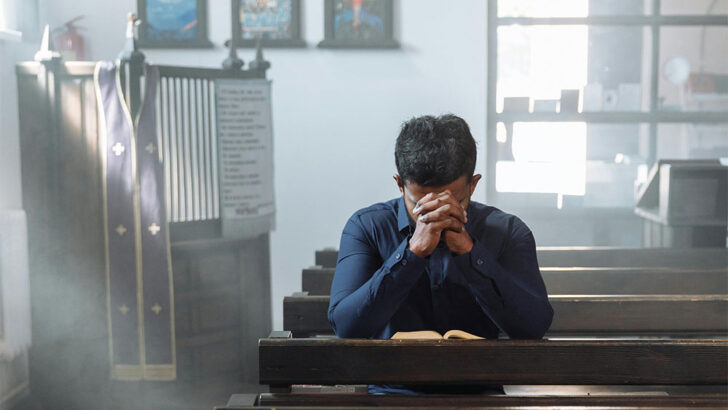Recent data from the US which found that for the first time young women are more likely to become disaffiliated from religion should be seen as an opportunity not a threat, according to a Professor in the Sociology of Religion.
The Survey Center on American Life found that over the last two decades men have consistently demonstrated lower levels of religious engagement. However, their most recent survey found that 54% of young women in ‘Generation Z’ have become disaffiliated from religion compared to 46% of young men.
The centre highlighted that women tend to contribute much more time and energy to community building and volunteer efforts in places of worship, and in particular play an instrumental role in passing on faith.
Asked about these findings Prof. Gladys Ganiel of Queen’s University Belfast said “it is certainly the case cross-nationally that women have been the main agents of childhood socialisation in the faith. Sociologist Tom Inglis would have written about an alliance between priests and mothers that produced Catholic Ireland. Without a doubt, this socialisation process has been breaking down in Ireland, as it has been elsewhere”.
Prof. Ganiel said that young women in Ireland are now achieving more educationally than men, and this is translating into more time spent on careers and greater expectations of a joint mother-father approach to childrearing.
Asked about her opinion in addressing this change, she said: “If the Churches are concerned about this, I think there has to be a greater emphasis on both men and women volunteering and passing on the faith in the home.
“It could be argued that these tasks should never have fallen disproportionately on women. Any data showing that women are becoming more likely than men to leave the faith could be seen not as a threat but as an opportunity to create more gender-balanced parishes, congregations and family homes – which would ultimately benefit faith practice.”
The US survey found that young women in particular have more liberal views on abortion and same-sex relationships – not aligning with official Church teaching, and that this was one of the factors for the religious disaffiliation. However, the survey added that generally for young women there is not just one reason for leaving.
Asked about this in an Irish context Prof. Ganiel said: “My research on the chaplaincy at Queen’s University certainly indicates that highly-educated young Catholic women have more liberal views on these issues than highly-educated young Catholic men. Some of these women stay in the Church and are able to balance tensions between their own faith and the Church teachings they disagree with. “However, the problem with the island of Ireland is that we have hardly any data on the reasons why young women may be more likely to leave the Church than men. We also know that leaving faith practice is a complex process and there is almost never any one single reason why. So it’s likely that these more liberal views are part of the mix, but I suspect that especially in the Republic of Ireland the Catholic Church’s historic abuse of women and children – such as the Magdalene laundries – is another important factor.”


 Chai Brady
Chai Brady
